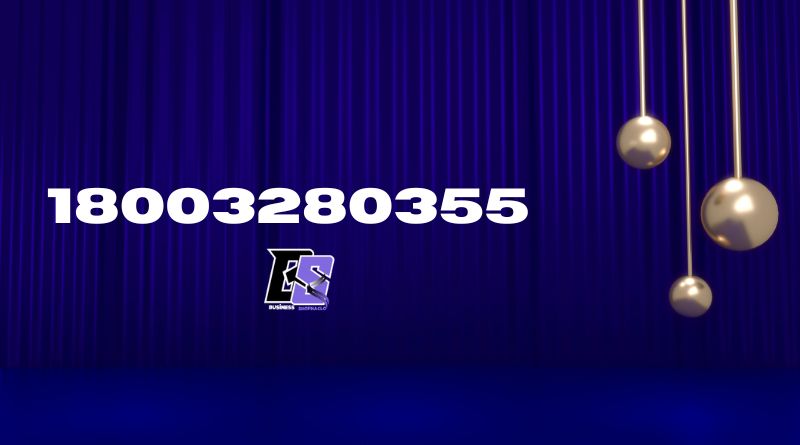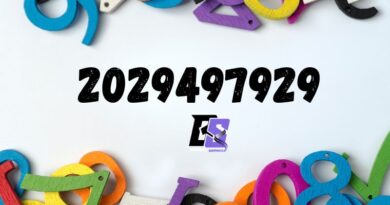18003280355
Table of Contents
ToggleUnderstanding 18003280355: What This Number Represents
In today’s digitally connected world, phone numbers like 18003280355 often raise questions for consumers, particularly when they appear as missed calls or are associated with robocalls. Toll-free numbers beginning with “1-800” are widely used in customer service operations, telemarketing, banking support, and other outreach purposes. Understanding the origin and nature of such a number can help consumers avoid scams and manage their communication securely.
The number 18003280355 is a toll-free customer service line, often reported to be associated with a financial institution, loan provider, or debt collection agency. These numbers are typically used by businesses to offer customer support without charging the caller. However, due to the rise in scam calls, many individuals have become cautious — and rightly so. When an unknown number like 18003280355 calls, especially repeatedly or at odd hours, it naturally raises concerns about privacy, legitimacy, and safety.
From 18003280, who may be phoning?
Potential Associations with Loan or Financial Services
Users of many internet forums and databases document contacts with the number 18003250. Many of these stories imply the number could be related to debt recovery firms or loan servicing agencies. If you just borrowed money or are behind on a payment, the call could be valid. Many times, these organizations inform consumers of forthcoming or missed payments via automated methods. Still, especially if the call requests sensitive information, such calls should be confirmed personally with the relevant company.
Robocalls and spam alarms
18003250 could also be a robocall or spam effort. Consistent warnings concerning toll-free numbers being exploited to phish or fake sensitive data have come from the Federal Communications Commission (Fcc). Should you answer a call from 18003280 and be asked to disclose financial information, Social Security numbers, or other sensitive data, you should hang up and let your service provider or the FCC know the number. Common phishing schemes of these kind can cause identity theft if not controlled carefully.
How should one answer calls from 18003280?
Verify Before Reacting
Should you get a call from 18003280, the first thing to do is to avoid acting without confirmation. Search online, review user reports, and verify whether the number shows up on any formal documents your bank or financial service provider may have on hand. Share personal information only if you are very positive the caller is who they seem to be.
Apply call-blocking tools.
Most modern cellphones have call-blocking capabilities, and third-party programs exist to automatically spot and filter dubious or spam-containing numbers. Blocking the number can help to stop more unwelcome communication if 18003250 calls and you find it is not from a reputable source.
Count the reports.
If you suspect a fraud, you really should report the number. You can report 18003250 to the FCC, Federal Trade Commission (FTC), or by means of the spam reporting system of your phone provider. This enables authorities to monitor patterns in frauds and alert other possible victims.
In essence, keeping informed keeps you safe.
In essence, depending on their source, numbers such as 18003250 can be either quite harmful or benign. Although reputable companies usually employ toll-free numbers, scammers have also used similar forms to lure gullible people. Approaching such calls with care, do extensive research, and never hurry into disclosing personal or financial data is always smart. Understanding the possible uses for 18003250 helps users to make wise decisions and improve their own resistance against fraud.
Digital safety today mostly depends on knowing the nature of calls and learning to separate between dubious and legitimate behavior. Remain vigilant, keep educated, and treat every unannounced call—including 18003250—with the attention it merits.
read also: oneworldplate .com




